AI Answer Evaluation Platform Live Now. Try Free Answer Evaluation Now

Turners Syndrome
Turner Syndrome (TS) is a chromosomal condition that exclusively affects individuals with female phenotypes.
+91-7303290503, +91-9557169661 | MON to SUN 10:00 AM - 6:00 PM

Turner Syndrome (TS) is a chromosomal condition that exclusively affects individuals with female phenotypes.
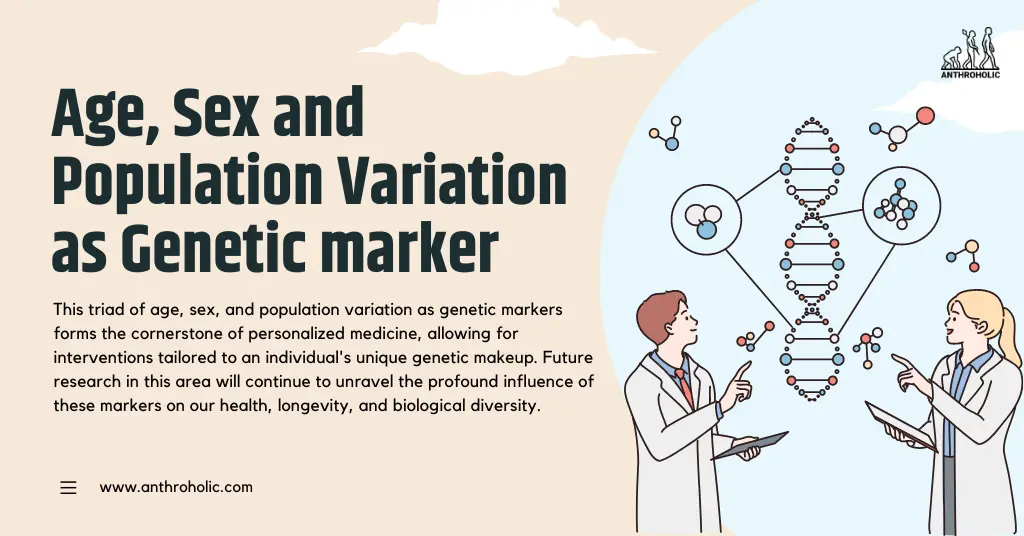
This triad of age, sex, and population variation as genetic markers forms the cornerstone of personalized medicine, allowing for interventions tailored to an individual's unique genetic makeup. Future research in
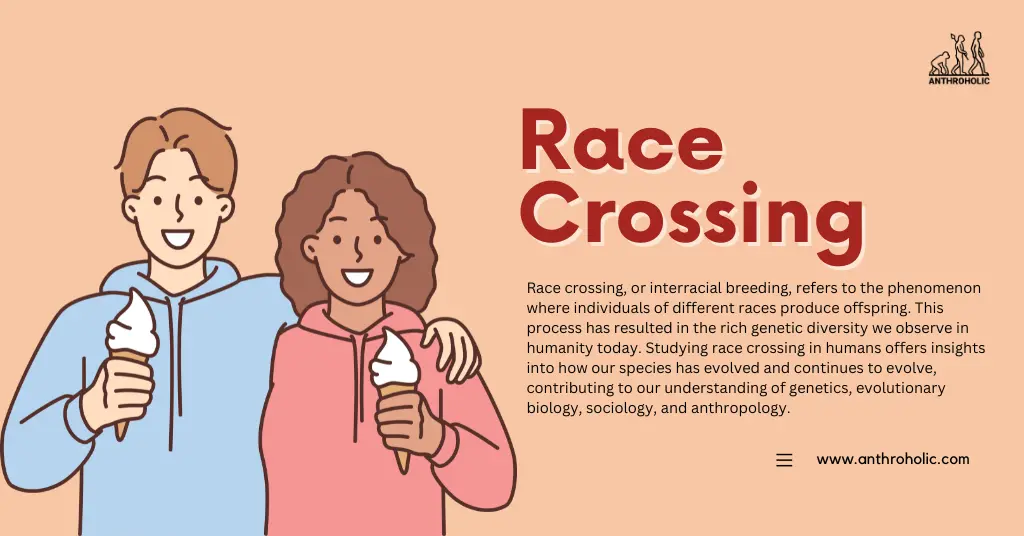
Race crossing, or interracial breeding, refers to the phenomenon where individuals of different races produce offspring. This process has resulted in the rich genetic diversity we observe in humanity today. Studying race crossing in humans offers insights into how our
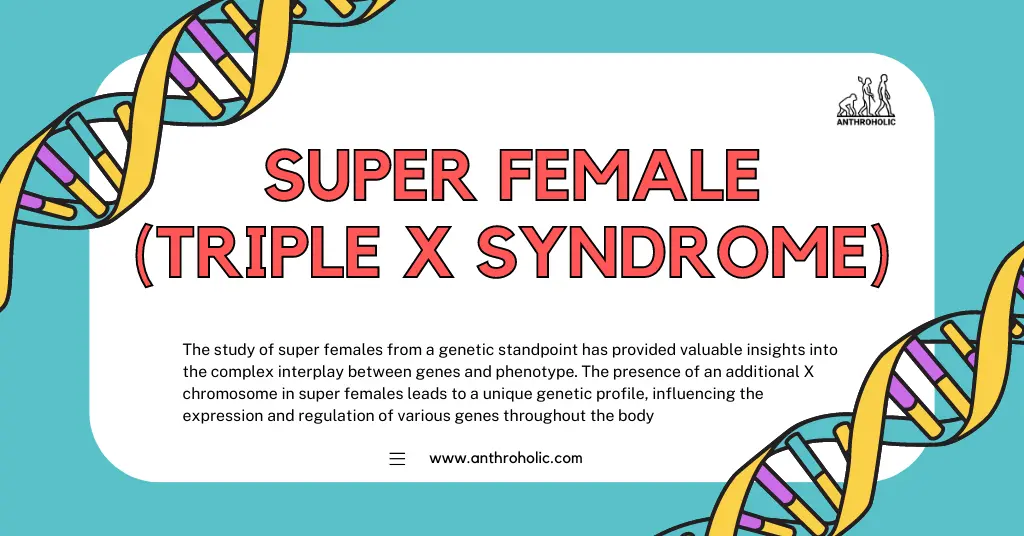
The study of super females from a genetic standpoint has provided valuable insights into the complex interplay between genes and phenotype. The presence of an additional X chromosome in super females leads to a unique genetic profile, influencing the expression and regulation of various genes throughout the body
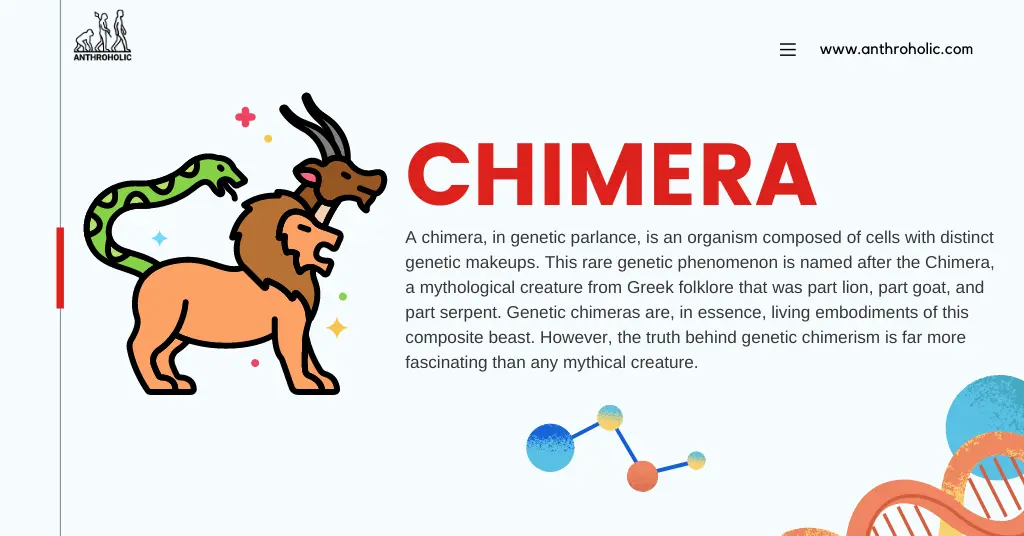
A chimera, in genetic parlance, is an organism composed of cells with distinct genetic makeups. This rare genetic phenomenon is named after the Chimera, a mythological creature from Greek folklore that was part lion, part goat, and part serpent. Genetic chimeras are, in essence, living embodiments of this composite beast.
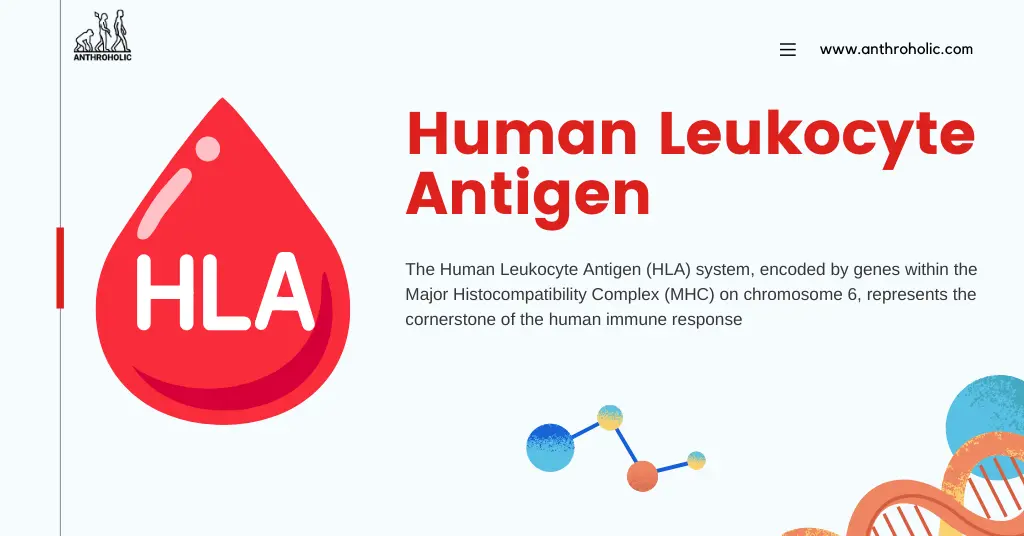
The Human Leukocyte Antigen (HLA) system, encoded by genes within the Major Histocompatibility Complex (MHC) on chromosome 6, represents the cornerstone of the human immune response
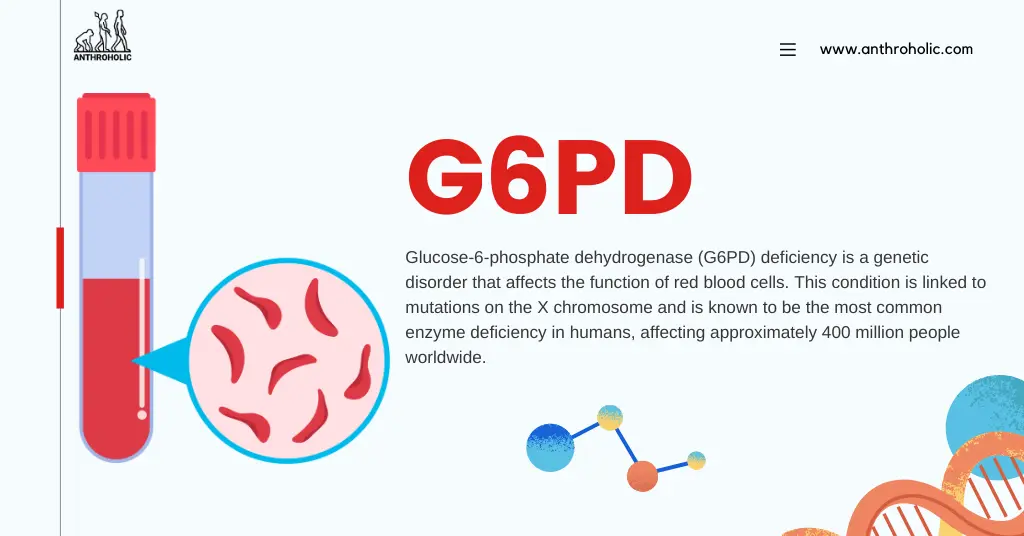
Glucose-6-phosphate dehydrogenase (G6PD) deficiency is a genetic disorder that affects the function of red blood cells. This condition is linked to mutations on the X chromosome and is known to be the most common enzyme deficiency in humans, affecting approximately 400 million people worldwide.
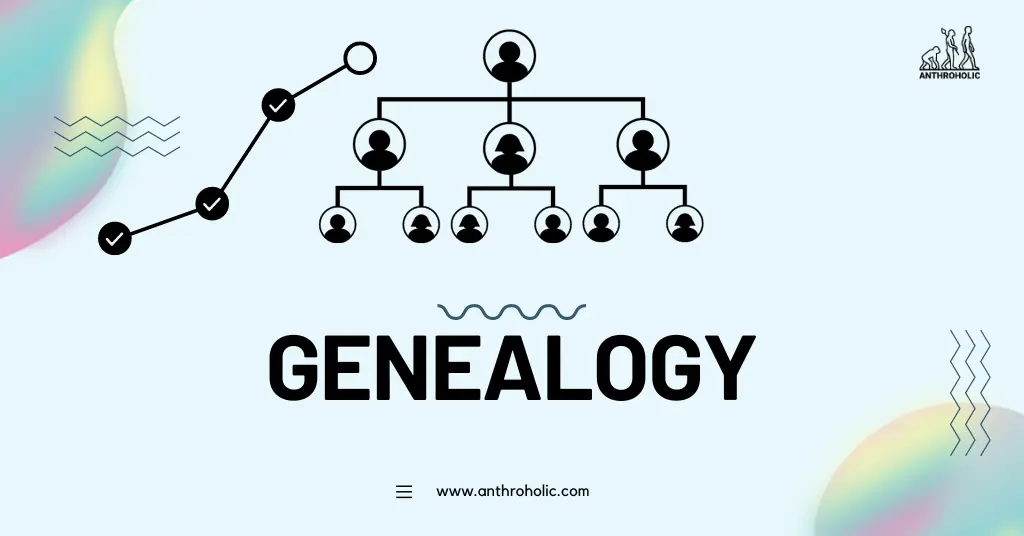
Genealogy is the study of families and the tracing of their lineages and history. It involves collecting, analyzing, and interpreting data from various sources, including written records, oral traditions, genetic analysis, and more.
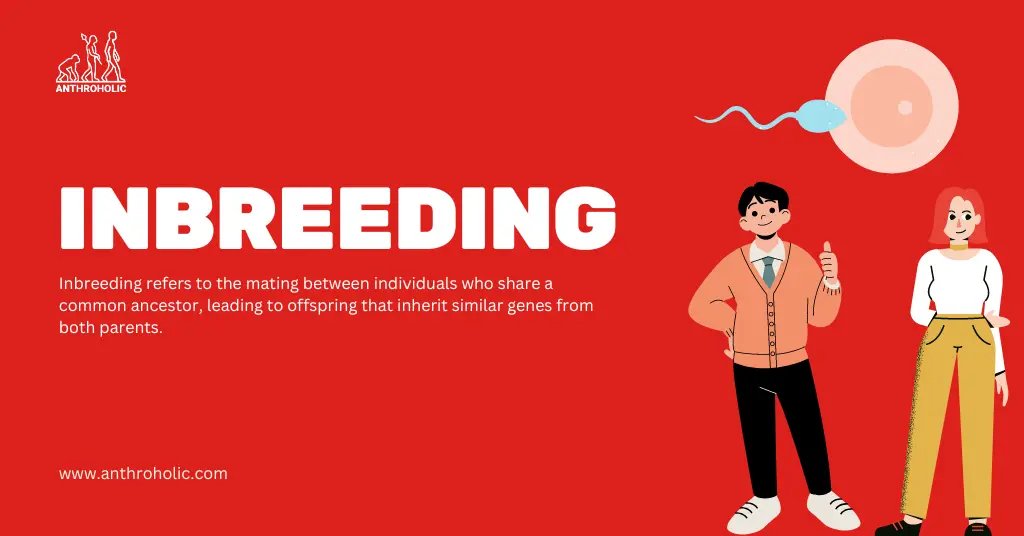
Inbreeding refers to the mating between individuals who share a common ancestor, leading to offspring that inherit similar genes from both parents.
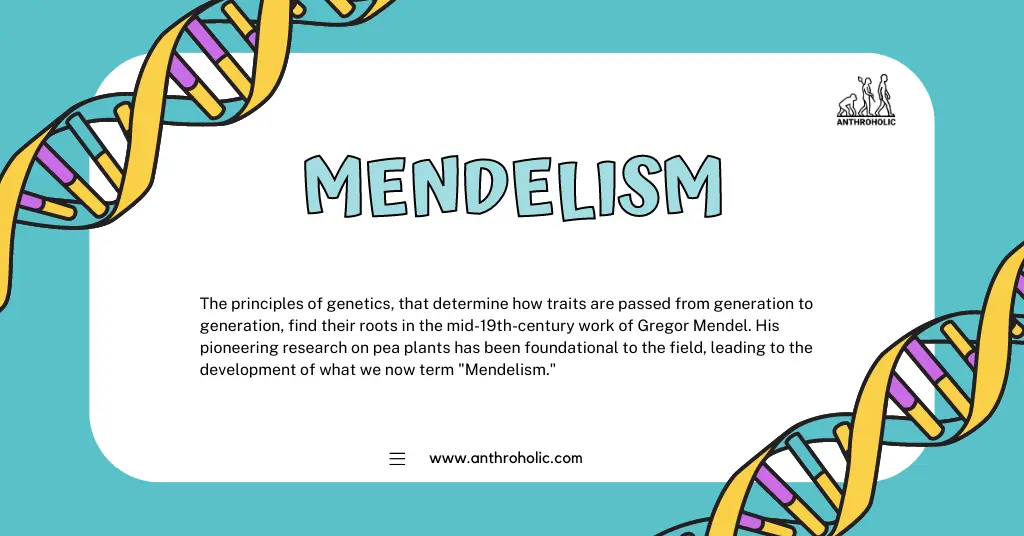
Mendelism is the principles of genetics, that determine how traits are passed from generation to generation, find their roots in the mid-19th-century work of Gregor Mendel. His pioneering research on pea plants has been foundational to the field, leading to the development of what we now term "Mendelism."
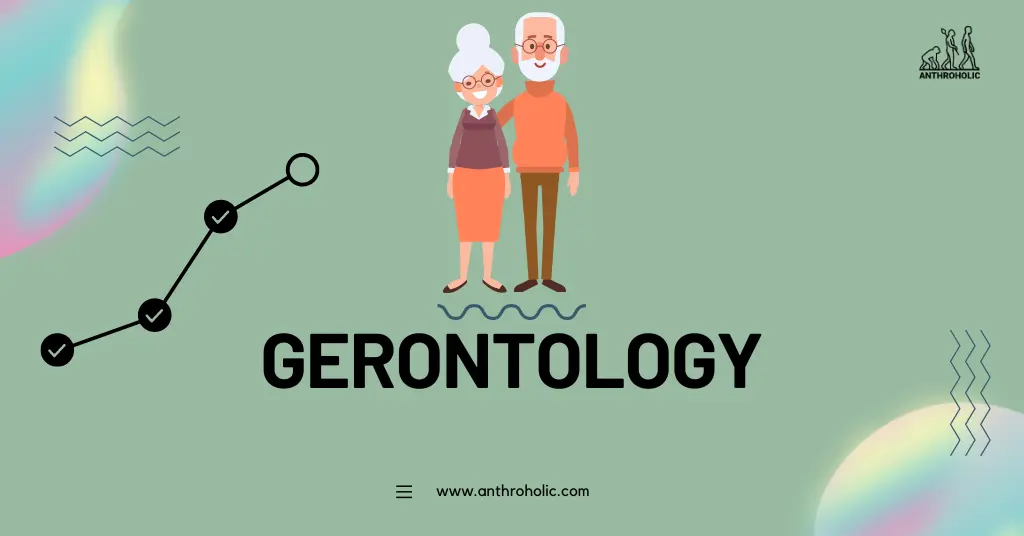
Gerontology is an interdisciplinary field of science that explores the physical, psychological, and socio-cultural aspects of aging. It's a branch of study that's increasingly relevant as the global population continues to age at
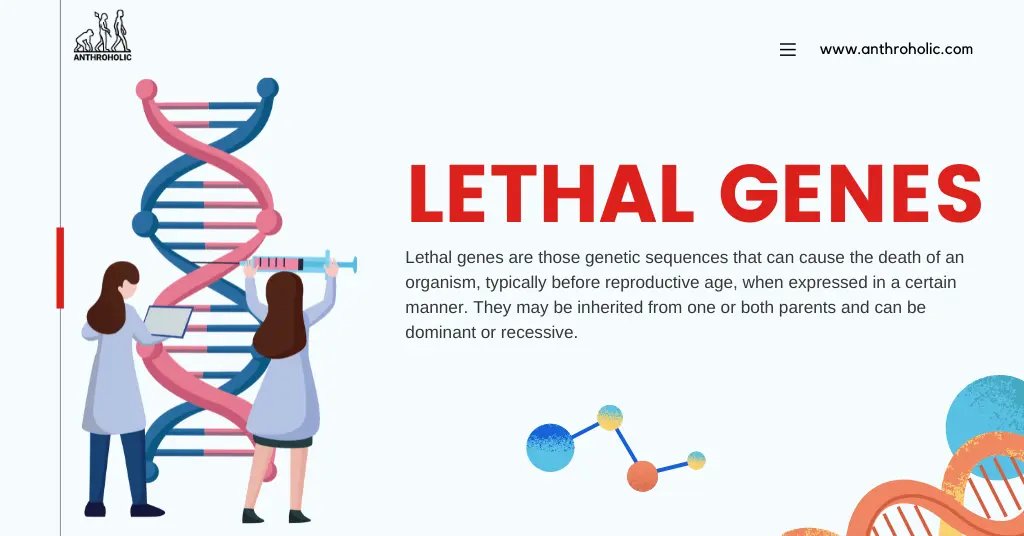
Lethal genes are those genetic sequences that can cause the death of an organism, typically before reproductive age, when expressed in a certain manner.